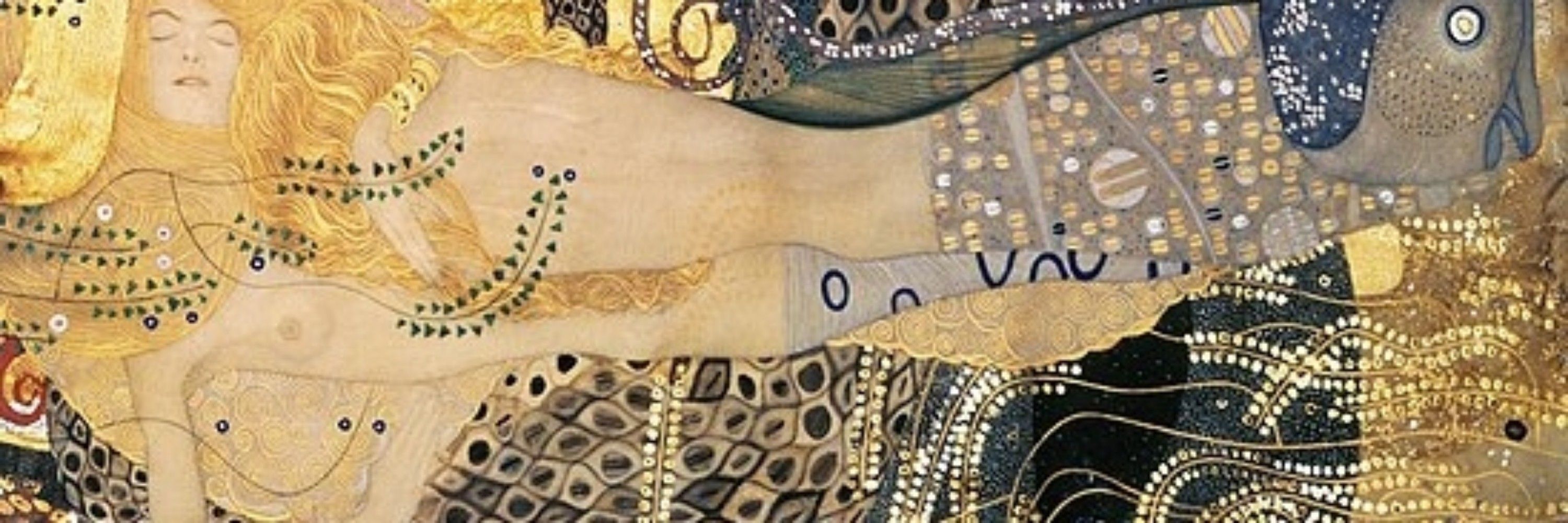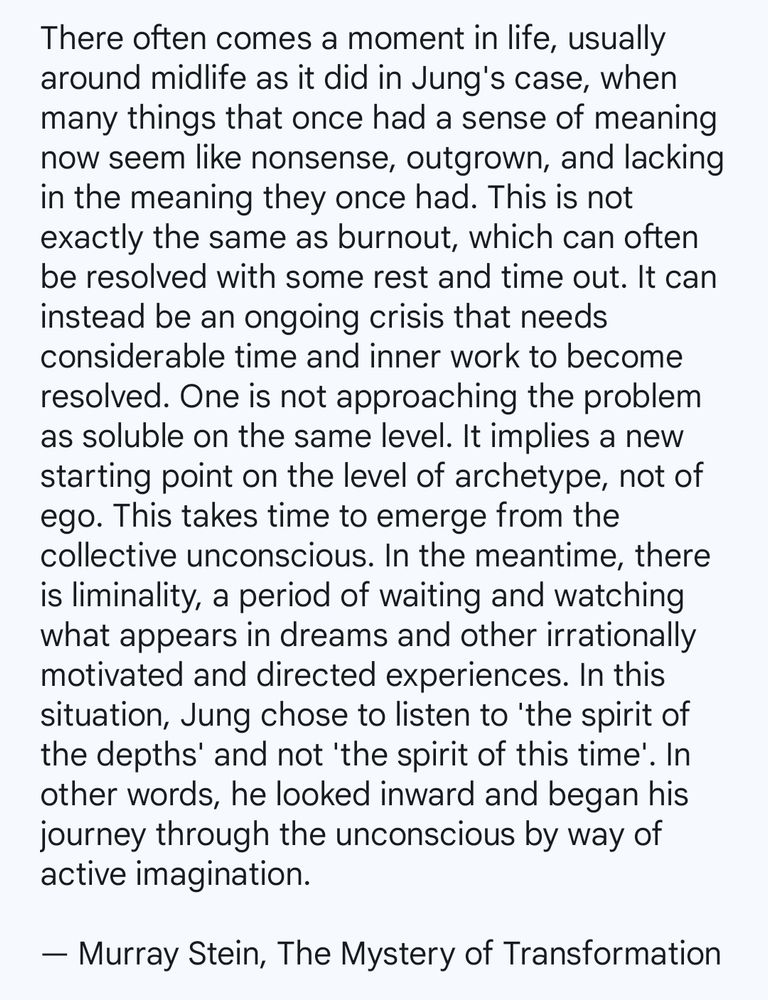Thea Euryphaessa
@theaeuryphaessa.bsky.social
780 followers
14 following
1.6K posts
Writer 📚 | Quotes | Depth/Jungian Psychology | Hero's Journey | Author of 'Running into Myself' and follow-up, 'Growing into MySelf'
Long press the hashtag #MyBookShelf on app/click on desktop to search my posts for books I've shared.
Posts
Media
Videos
Starter Packs
Pinned



















